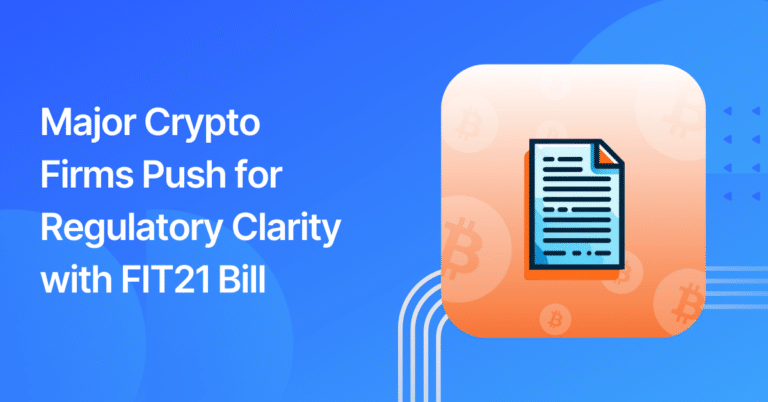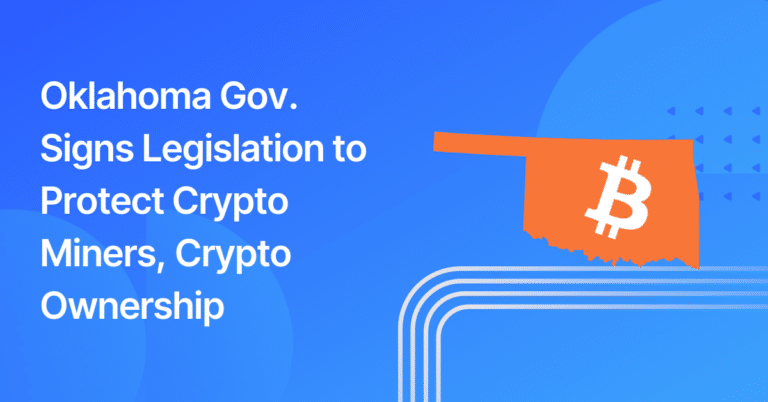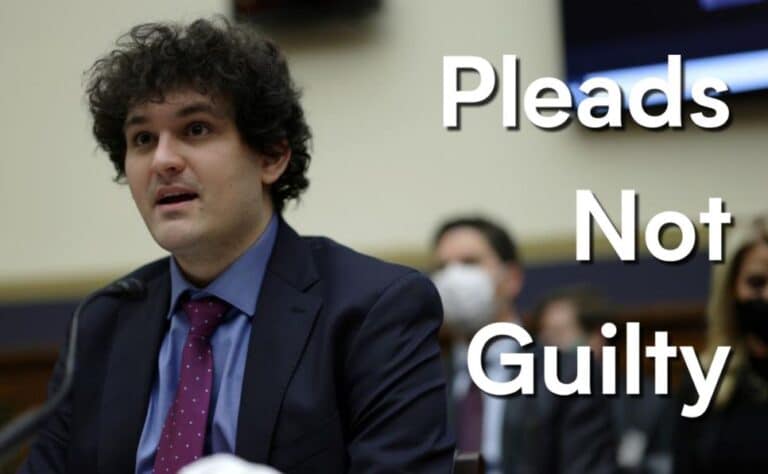Welcome to this week’s edition of This Week in Crypto! In this issue, we delve into a trio of intriguing developments shaping the global and U.S. cryptocurrency landscapes. First, we explore El Salvador’s innovative use of geothermal energy from volcanoes to mine Bitcoin, a venture that not only boosts its crypto reserves but also sets a precedent for sustainable practices in the industry. In the United States, we look at the FIT21 bill, which is stirring discussions in the U.S. House and could significantly clarify the regulatory roles of the SEC and CFTC in digital asset management. Lastly, we turn our attention to Oklahoma, where a new law has been enacted to protect crypto miners and establish a legal framework for blockchain technology. Stay tuned as we break down these pivotal stories and their implications for the crypto world.

El Salvador Harnesses Volcanic Power for Bitcoin Mining
El Salvador has been at the forefront of using renewable energy for Bitcoin mining, leveraging the geothermal power generated by the Tecapa volcano. Since 2021, the country has utilized 300 mining processors to successfully mine 474 Bitcoin, valued at approximately $32 million at today’s prices. This initiative is part of a broader strategy following the nation’s groundbreaking decision to adopt Bitcoin as legal tender alongside the U.S. dollar, positioning itself as a leader in environmentally sustainable cryptocurrency practices amid global criticism concerning the energy consumption of Bitcoin mining.
Despite facing international criticism, El Salvador’s commitment to integrating Bitcoin into its economic framework remains strong. The nation currently holds 5,750 BTC worth around $391 million. President Nayib Bukele, who continues to support the country’s Bitcoin initiatives, was re-elected in 2024 with substantial support. This move underscores El Salvador’s ongoing efforts to innovate within the financial sector by adopting modern technologies while addressing environmental concerns.

Major Crypto Firms Push for Regulatory Clarity with FIT21 Bill
Several cryptocurrency companies and advocacy groups are urging U.S. lawmakers to support the Financial Innovation and Technology for the 21st Century (FIT21) Act, which is nearing a vote on the House floor. The bill, which aims to define the regulatory roles of the Securities and Exchange Commission (SEC) and the Commodity Futures Trading Commission (CFTC) concerning digital assets, has garnered significant backing from industry leaders like Coinbase, Circle, and Gemini. Advocates for the bill argue that it will provide much-needed clarity and safety for consumers by updating outdated securities laws to accommodate the fast-paced nature of internet-based transactions.
The push for legislative clarity comes as both the House and Senate recently passed a resolution to overturn an SEC rule concerning how banks handle digital assets, suggesting a growing bipartisan effort to shape the future of cryptocurrency regulation. With the House Financial Services Committee Chair suggesting that the FIT21 bill could be ready for a vote soon, the outcome remains uncertain.

Oklahoma Gov. Signs Legislation to Protect Crypto Miners, Crypto Ownership
Oklahoma Governor Kevin Stitt has recently signed a comprehensive bill into law that establishes a legal framework for blockchain technology and provides significant protections for cryptocurrency miners in the state. Effective in November, the legislation ensures that digital assets can be used for legal purchases without facing governmental restrictions or additional taxes. It also includes provisions that allow digital asset mining in residential zones with adherence to local noise ordinances and permits unrestricted mining operations in industrial zones.
The new law also extends specific protections to those involved in the mining and node operation of cryptocurrencies. Miners are now recognized as data centers, preventing local governments from imposing unique requirements on these operations that do not apply to traditional data centers. Furthermore, the legislation clarifies that operating blockchain nodes or engaging in digital asset mining does not require a money transmitter license. Another key feature of the law is its prohibition of discriminatory electricity rates against crypto-mining operations, ensuring fair energy costs compared to other industries. This move by Oklahoma reflects a growing trend of U.S. states legislating in the realm of cryptocurrencies and blockchain.








